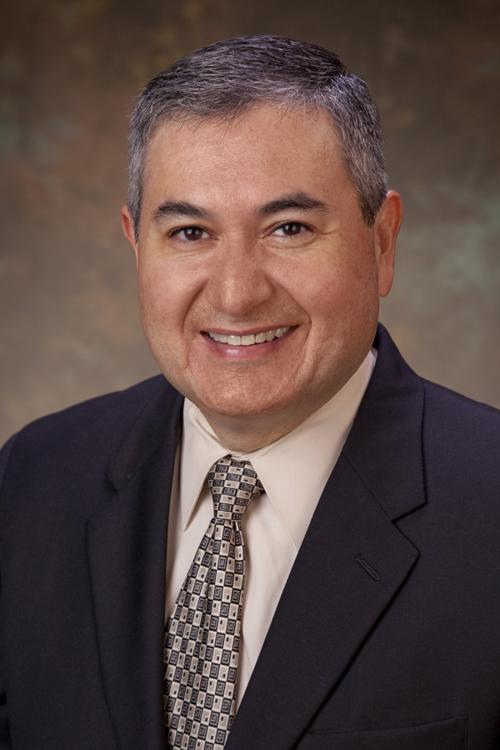It’s critical to have local and convenient access to care. A community’s health depends on it. The current approach that payors are taking is putting this all at risk.
The health of a community is measured by the health of its individual members, and the health of its members depends on their access to local, high-quality medical care. Health coverage is a key indicator of the health and wellness of an individual. When people have health insurance, they have greater access to care, reduced mortality, and better health outcomes, according to a report from the American Hospital Association (AHA).
But the current approach taken by some of the nation’s largest health insurers, or payors, is putting this at jeopardy as payors focus on profits and quarterly earnings, strip rates and put the long-term viability of health systems at risk. With hospitals in the middle of their worst economic performance in decades – it is time for payors to own up to how their actions negatively impact the communities and those they claim to serve.
As a physician and the Chief of Population Health at a large metro-area health system, Northeast Georgia Health System (NGHS), my patients’ ability to readily access medical care at our facilities — and have that care be covered by insurance— matters greatly. Any disruption in a patient’s experience, such as restricting access to care by their health plan or going out of network with an insurance company, can wreak havoc on population health. It’s no secret that many health systems across the country have felt the weight of increased administrative and contractual burdens from health insurers as denial rates continue to creep upwards.
Health insurance companies, like the nation’s largest, UnitedHealthcare, have seen profits soar in recent years. United’s profits were up 28 percent during the third quarter of 2022 – achieving a profit of $5.3 billion in just those three months – before closing the year at $28.4 billion in net earnings in 2023. Elevance (formerly Anthem), Cigna, and Aetna have also posted record profits recently.
Our local health system is on strong financial footing compared to many other struggling hospitals, but there is a key difference between NGHS and an insurance company like United: As a non-profit health system, NGHS invests all dollars we make beyond operating costs back into the world-class facilities, caring workforce, and high-quality services we provide. United, on the other hand, is a for-profit company aiming to make the most profit possible and delivering those profits to shareholders – not patients.
We have seen the impact of the pressure payors are putting on hospitals across the country. Nearly 200 hospitals have closed since 2005 according to the Sheps Center for Health Services Research at the University of North Carolina. Many of these hospitals have closed because they failed to receive fair contracted rates from large payors and thus were insolvent.
While United creates barriers to care and threatens to push doctors like me out of network in search of expanded profits, hospitals like NGHS continue to play an essential role in the health and wellbeing of the communities we serve. At NGHS, our mission has stayed consistent for more than 70 years: improving the health of our community in all we do. Our team of experts provides care through more than 1.4 million total patient visits each year. We provide nearly $70 million in charity care annually, and our economic impact to the community is greater than $3.5 billion each year.
These types of community benefits are seen across hundreds of hospitals nationally. But that impact is at risk if they are not fairly compensated for the services they provide. And United is different than other insurers right now, as their recent priorities appear to be shifting to their bottom line — not the improved health of our local communities.
It is time for a reset in the relationship between hospitals and payors. If patient care and better outcomes are our objectives, payors need to deprioritize profits and focus more on patients. Doing so will require payors to stop fighting for the last dollar and make concessions that benefit those served. Let’s hope they refocus on what’s most important to you: your health and the health of your loved ones.


